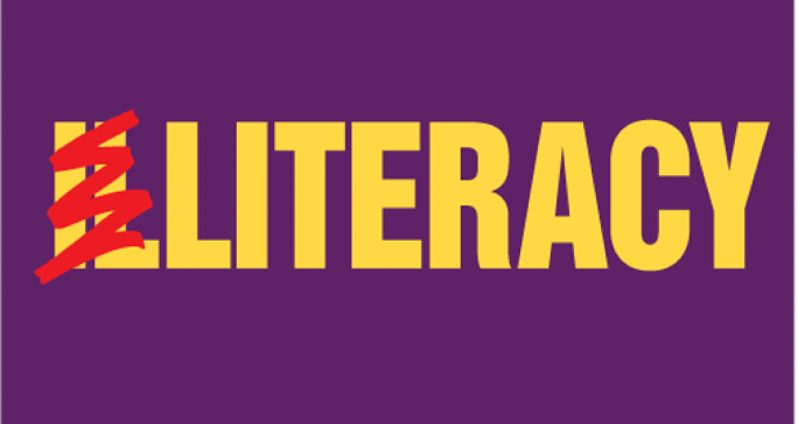September has been designated “Education Month” by the Ministry of Education and it is likely that among the reasons September has been so designated are that the new school year usually begins in this month and secondly, International Literacy Day is marked on 8th September each year.

The Ministry of Education, led by its brilliant Minister, Dr Rupert Roopnarine, has mounted a comprehensive programe for the month of which Literacy is one element. In this offering, we shall focus on Literacy since Literacy is of primary concern to consumers and indeed the public as a whole.
Literacy is often interpreted in Guyana as the ability to sign one’s name, to read and write a short letter and to read some parts of the newspapers. UNESCO’s definition of Literacy is much more realistic and in effect outlines what should be the goal of any programe of Literacy. UNESCO’s definition is “the ability to identify, understand, interpret, create, communicate and compute, using printed and written materials associated with varying context.”
To fully elucidate this definition would take up too much space in this short article; we would simply say that the literate person is one who could read and write, understand and assimilate what one has read and be able to use such knowledge in the real world. The person should be able to write in a way that communicates to others.
The effects of the absence of Literacy on adults and children are very depressing. In the words of Madame Irina Bokova, the Director-General of UNESCO: “These women and men are more vulnerable to ill-health, exploitation and human rights abuse. They are more likely to be unemployed and paid less. Unable to read or write, they are held back from their full potential and whole communities are locked into vicious cycles of poverty that lay the conditions for violence and strife.”
By the time a child finishes the third grade at school, he/she should be able to read fairly fluently and when he/she goes into the fourth grade, the learning process seriously starts. And from there he/she begins the journey to the CXC Examinations and entrance to tertiary Institutions.
Very many children do not master the reading and writing skills of the Third Grade but this tends to be treated as something not of critical importance since it is assumed that the child would improve with time. The child is promoted to the upper grades and without realizing the causes, he/she begins to find the CXC journey difficult. Many children fail, not because they lack innate capability, but simply they did not master the reading-writing skills at the Third Grade. Most of such children would have had their career to further education and a better economic livelihood tragically ended.
This problem of having children successfully clearing the hurdle of literacy in the lower school lies in the hands of parents more than in the hands of the teachers: In the first place, parents must ensure that their children attend school every day. Among poorer parents, for various reasons, this may require some sacrifice on their part, but they must make it.
In the second place, parents must encourage their children to read and help them along and realize that they can’t be wholly dependent on the school. The UNESCO Director-General states this succinctly: ” In fact, the motivation children have towards reading is strongly affected by beliefs, values, attitudes and expectations their parents have about Literacy and schooling.”
In the third place, parents should introduce their young children to the available library facilities. The librarians at the National Library and its extensions such as the travelling libraries would be happy to guide young children in their reading. (The Guyana Consumers Association has written the Ministry of Education recommending the establishment of public libraries in the various Regions and school libraries.)
In the primary schools, the Ministry of Education, the head-teachers, and indeed the teaching profession as a whole should give special attention to the second and third grades to ensure that all children become proficient in reading and writing skills. This could be emphasized by the award of certificates from the Minister and by book prizes. Some public recognition could be given to good performers in these grades as is done each year with the highfliers at the CXC.
Publicity work should be carried out at the local level to educate the public as to the value of Literacy and the community leaders should be drafted in this effort. Short remedial classes should be organized for adults as this would meet a long-felt need.




.png)









